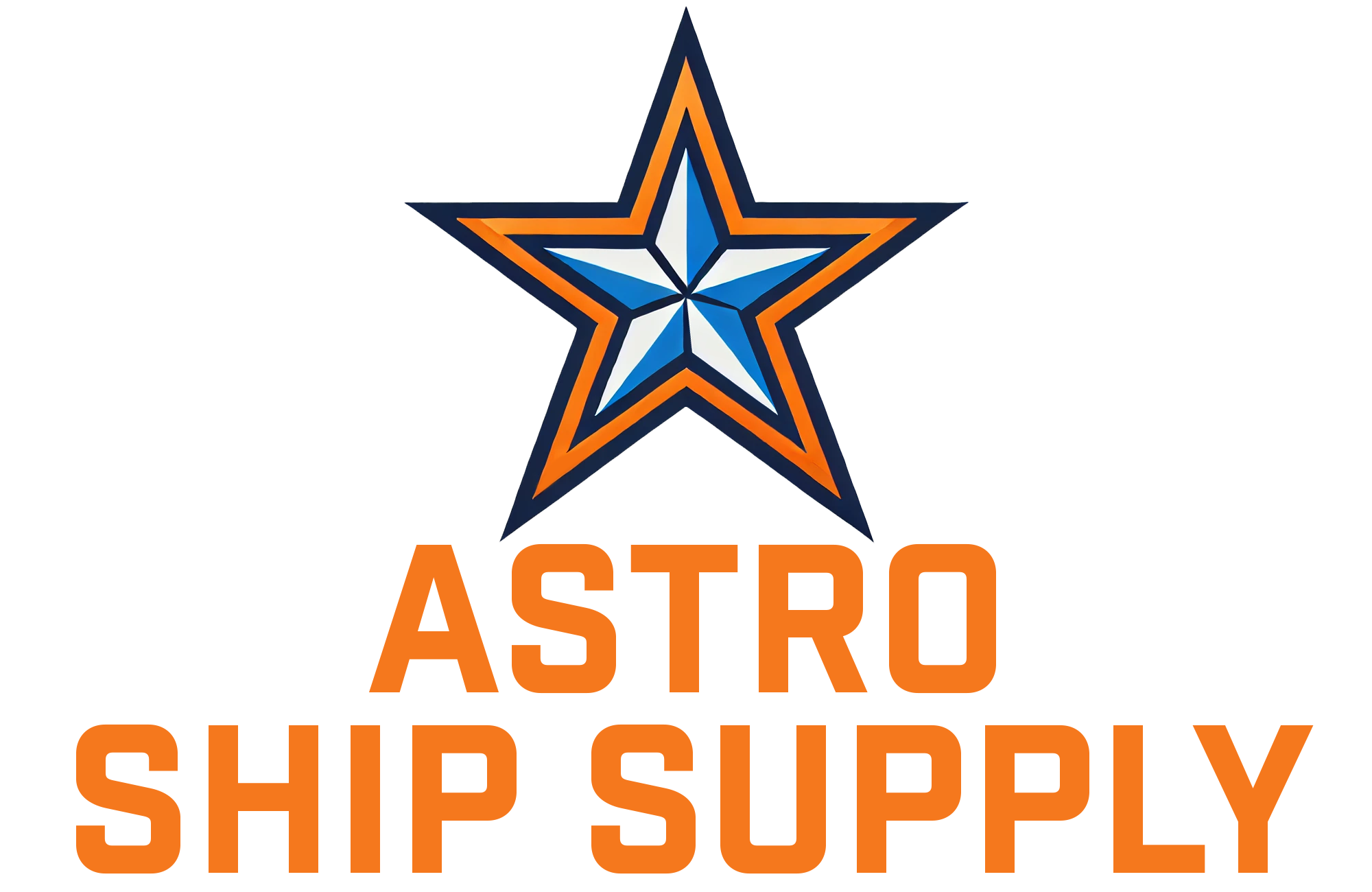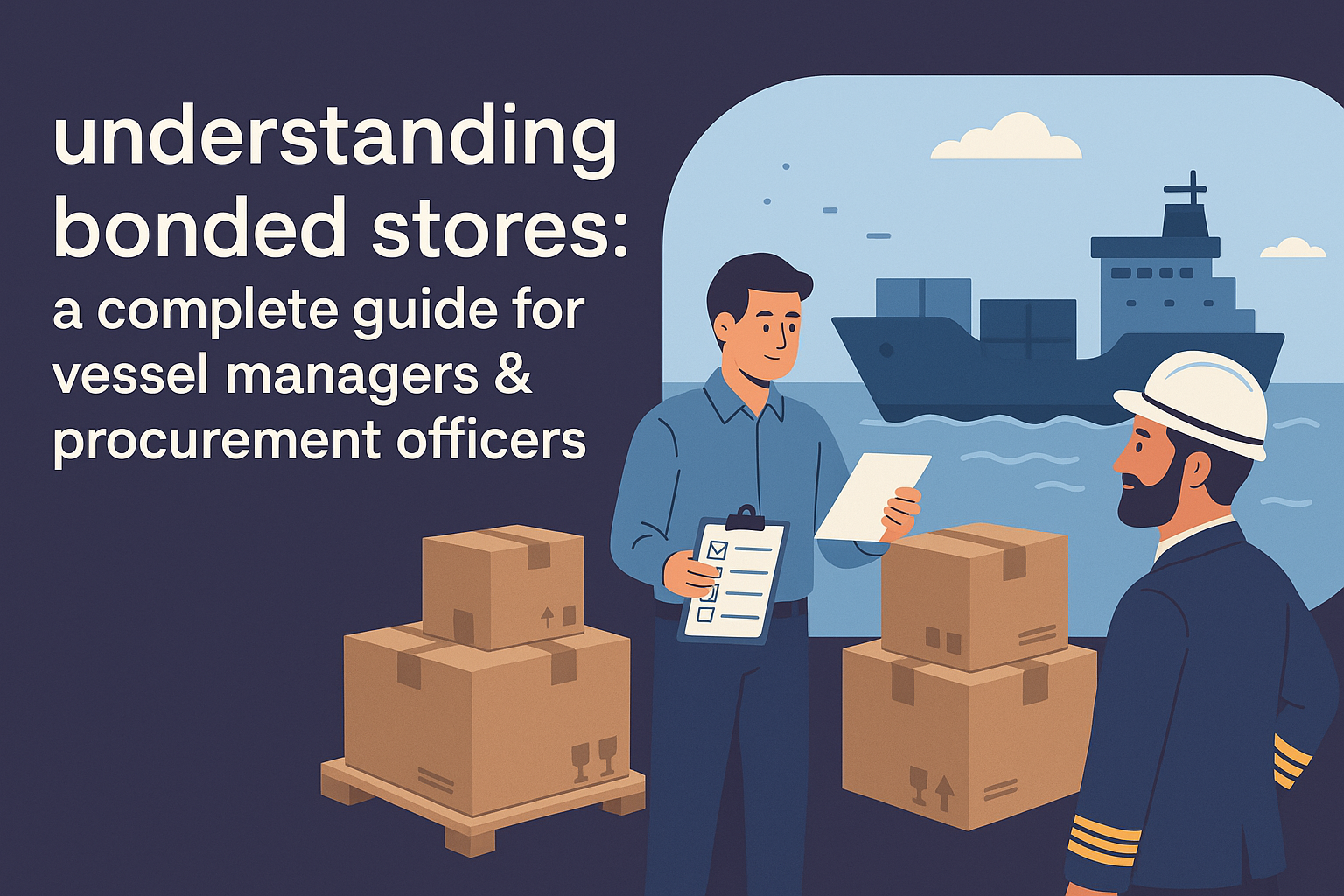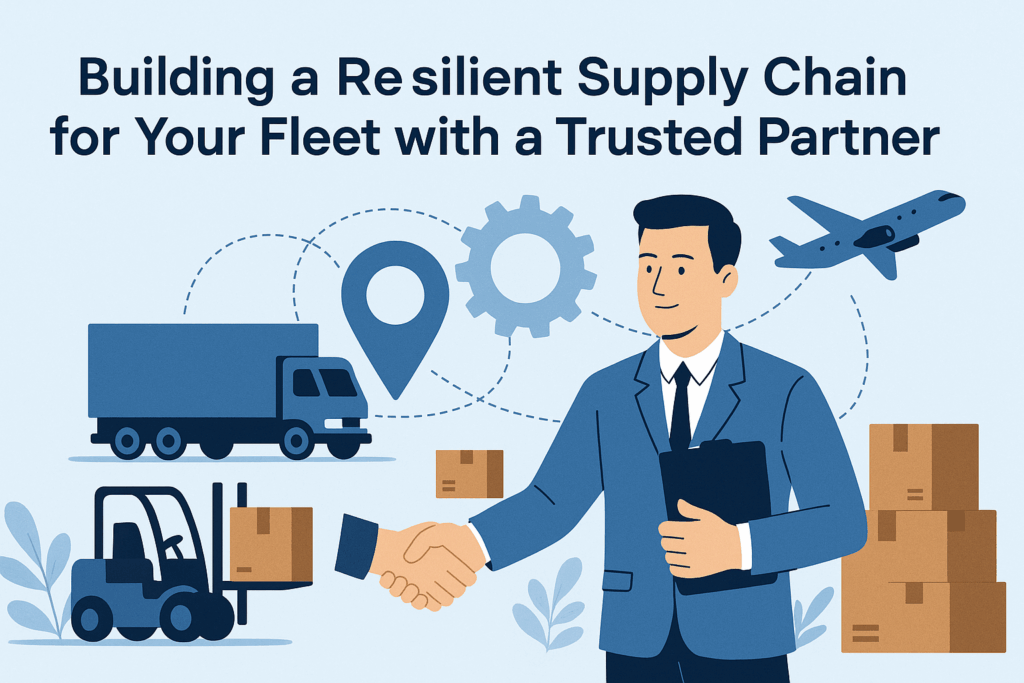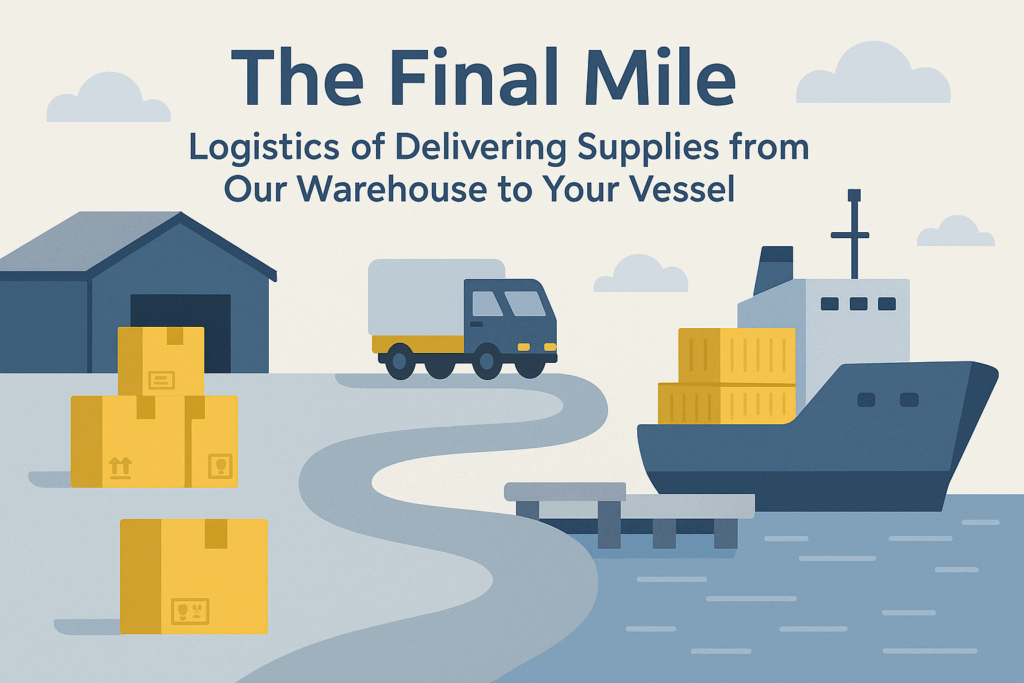What Exactly Are Bonded Stores? Defining the Concept
Bonded stores, often referred to as “ship’s stores,” are goods held on a vessel (or aircraft) that are exempt from customs duties and other taxes, provided they are intended for consumption or sale to crew and passengers outside the customs territory of the country where they were acquired or any country visited. The term “bonded” signifies that these goods are under customs control, effectively existing in a kind_of customs limbo until they are either legitimately consumed/sold under specific conditions or formally imported (at which point duties and taxes would apply).
Common categories of items found in a vessel’s bonded store typically include:
- Tobacco products: Cigarettes, cigars, pipe tobacco.
- Alcoholic beverages: Spirits, wines, beers.
- Confectionery and snacks: Chocolates, sweets, savory snacks.
- Perfumes and cosmetics.
- Electronics (less common but possible): Small personal electronic devices.
- Souvenirs and gift items.
The primary purpose of allowing vessels to carry bonded stores is to cater to the needs and wants of crew members during long international voyages, enhancing their comfort and well-being without the burden of local taxes typically applied to such goods ashore.
The “Why”: Benefits of Bonded Stores for Vessels and Crew
The provision of bonded stores offers tangible advantages for both the seafarers and the vessel operators, contributing positively to the overall maritime environment.
For the Crew:
- Enhanced Morale and Welfare: Access to familiar comfort items like preferred brands of cigarettes, alcoholic beverages (where permitted by company policy and regulations), or favorite snacks can significantly boost crew morale, especially during extended periods away from home. This is a crucial aspect of crew welfare, recognized under conventions like the Maritime Labour Convention (MLC, 2006).
- Cost Savings: Crew members can typically purchase these goods at prices lower than retail ashore, as they are free of duties and taxes. This financial benefit is highly valued.
- Convenience: Having these items readily available onboard saves crew the hassle of seeking them out in foreign ports, where availability and authenticity might be uncertain.
For Vessel Operators:
- Crew Retention and Attraction: A well-stocked and fairly managed bonded store can be a significant perk, contributing to higher crew satisfaction and potentially better retention rates. It signals that the company cares about the crew’s well-being.
- Revenue Generation (Minor): While not usually a primary profit center, sales from bonded stores can generate a small amount of revenue, often managed through a crew welfare fund.
- Operational Efficiency: By providing these items onboard, operators can reduce the need for crew to go ashore solely for such purchases, potentially saving time in port and minimizing associated risks.
- Compliance with Crew Welfare Expectations: Offering bonded stores aligns with industry best practices for looking after seafarers.
Properly managed, bonded stores are a win-win, fostering a more positive onboard environment and demonstrating a commitment to the crew.
Navigating the Regulatory Maze: Key Customs and Legal Aspects
The tax-exempt status of bonded stores comes with a strict regulatory framework. Understanding and adhering to these rules is paramount to avoid hefty fines, delays, or even seizure of goods. While specific regulations can vary by country and port, several core principles apply globally, often guided by organizations like the World Customs Organization (WCO).
H3: The Role of Customs Authorities
National customs authorities (such as U.S. Customs and Border Protection – CBP in the United States) are responsible for overseeing the movement, storage, and control of bonded stores. They have the right to:
- Inspect bonded store lockers and records at any time.
- Verify quantities against declarations.
- Place seals on bonded store lockers or individual packages.
- Impose penalties for non-compliance.
It’s crucial to work with ship chandlers who understand and comply with these regulations. At Astro Ship Supply, we ensure our bonded store services adhere to all relevant international and U.S. regulations, including U.S. Customs and Border Protection requirements for bulk compliance.
H3: Sealed and Secured – The Sanctity of the Bond
Once bonded stores are delivered to a vessel, they are typically required to be kept under customs seal in a designated, secure locker or room.
- Seals: These seals are often applied by customs officials or by the supplier under customs authorization. Breaking these seals without proper authorization or outside permitted circumstances (e.g., when clear of territorial waters and authorized for issue) is a serious offense.
- Secure Storage: The bonded store locker must be secure to prevent unauthorized access. Only designated personnel, usually the Master or their delegate, should hold the keys.
H3: Declaration and Documentation – The Paper Trail is Key
Accurate and meticulous documentation is the backbone of compliant bonded store management. Key documents include:
- Master’s Declaration: Upon arrival in port, the Master must declare the quantities of all bonded stores on board to local customs authorities.
- Bonded Store List / Inventory: A detailed inventory of all items in the bonded store, often required by customs.
- Receipts and Invoices: From the supplier, proving the origin and nature of the goods.
- Issue/Sales Log: A continuously updated logbook recording all items issued or sold to crew members, including dates, quantities, and recipient signatures. This is vital for demonstrating “accurate bonded store declaration for customs clearance” over time.
- Customs Transit Documents: If goods are being moved under bond.
Discrepancies between declared amounts and actual stock can lead to severe penalties.
H3: Restrictions, Allowances, and Port State Controls
Vessel managers must be aware of:
- Territorial Waters: Bonded stores are generally only permitted to be opened and items issued/sold once a vessel is outside a country’s territorial waters (typically 3 or 12 nautical miles, depending on national laws). Strict rules apply when a vessel is in port or coastal waters.
- Individual Allowances: Some countries or company policies may impose limits on the quantity of certain items (especially alcohol and tobacco) that can be issued or sold to individual crew members over a specific period.
- Prohibited Items: Certain goods may be prohibited as bonded stores in specific jurisdictions.
- Varying Port Regulations: While general principles are similar, specific procedures and enforcement can differ significantly from port to port. It’s crucial to check local requirements.
Comparative Note: Regulatory Nuances
While the core principle of duty-free goods under customs seal is universal, enforcement and specific procedural details can differ. For example, the EU has harmonized rules for ship’s stores within its member states, but documentation might still vary. Some Asian ports are known for extremely strict inspections and zero tolerance for discrepancies. In the U.S., the CBP has clear guidelines, and suppliers like Astro Ship Supply are versed in these, ensuring smooth clearances for vessels they service in the Port of Houston and Gulf Coast region.
Effective Management of Bonded Stores Onboard: Best Practices
Proactive and meticulous management is essential for a compliant and effective bonded store system.
H3: Choosing the Right Supplier
Your ship chandler plays a crucial role in the bonded store supply chain. Select a supplier who:
- Is licensed and authorized to deal in bonded goods.
- Has a strong understanding of customs regulations and documentation requirements. Astro Ship Supply, for example, highlights its compliance with “U.S. Customs and Border Protection requirements.”
- Provides secure and properly sealed packaging.
- Offers transparent invoicing and accurate delivery documentation.
- Can demonstrate a track record of compliant deliveries. You can explore our commitment to this on our bonded store services page.
H3: Accurate Ordering and Inventory Management
- Order Based on Need: Avoid overstocking, which ties up capital and increases the risk of issues with expiry dates or surplus stock declarations. Consider crew size, voyage duration, and consumption patterns.
- Regular Inventory Checks: Conduct frequent physical inventories (e.g., weekly or bi-weekly) and reconcile them with the issue/sales log. This helps identify discrepancies early.
- First-In, First-Out (FIFO): Manage stock to ensure older items are issued before newer ones, especially for goods with expiry dates like confectionery.
H3: Secure Storage and Access Control
- Designated Bonded Locker: Use a dedicated, lockable space solely for bonded stores.
- Restricted Access: Limit access to the Master or a specifically delegated officer. Maintain a key log if necessary.
- Seal Integrity: Regularly check the integrity of customs seals on the locker. Report any broken or tampered seals to the Master immediately.
H3: Meticulous Record-Keeping – Your Best Defense
This cannot be overstated. Maintain comprehensive and accurate records for:
- All bonded items received (supplier, date, quantity, description).
- All items issued or sold (date, crew member name/ID, item, quantity, signature).
- Running balances for each item.
- Records of all customs inspections and seal changes.
These records are essential for customs audits and for resolving any discrepancies.
Quotable List: Key Checks for Receiving Bonded Store Deliveries
- ☑️ Verify supplier documentation matches the physical goods received.
- ☑️ Check that all goods are appropriately sealed as per customs requirements.
- ☑️ Inspect packaging for any signs of tampering or damage.
- ☑️ Confirm quantities against the order and invoice before signing off.
- ☑️ Ensure goods are immediately transferred to the secure bonded locker under supervision.
- ☑️ Record the receipt accurately in the vessel’s bonded store ledger.
H3: Crew Education and Compliance
Ensure all crew members understand:
- The rules regarding when and how bonded items can be accessed/purchased.
- The importance of not tampering with bonded stores or the locker.
- Any personal allowances or limits set by the company or port authorities.
- The consequences of non-compliance.
Common Pitfalls to Avoid in Bonded Store Management
Even with good intentions, mistakes can happen. Being aware of common pitfalls can help prevent them:
- Inadequate or Inaccurate Record-Keeping: This is the most common source of problems, leading to discrepancies during customs inspections.
- Broken or Missing Seals: Failing to maintain seal integrity can result in immediate customs action.
- Misunderstanding Local Port Regulations: Assuming rules are the same in every port is a frequent error. Always verify local requirements.
- Poor Inventory Control: Leading to unexplained shortages or overages.
- Unauthorized Access or Distribution: Circumventing official procedures for issuing items.
- Issues with Supplier Documentation: Incomplete or incorrect paperwork from the supplier can cause problems upon delivery or during subsequent inspections. Partnering with an experienced provider like Astro Ship Supply, who understands these nuances, is vital. Feel free to contact us for guidance.
Astro Ship Supply: Your Compliant Partner for Bonded Stores
Navigating the complexities of bonded store regulations requires expertise and attention to detail. At Astro Ship Supply, we specialize in providing comprehensive bonded store services to vessels in the Port of Houston and throughout the Gulf Coast region. Our operations strictly comply with all relevant international and U.S. regulations, including specific U.S. Customs and Border Protection requirements. We understand the importance of accurate documentation, secure handling, and timely delivery to ensure your vessel remains compliant and your crew remains satisfied. Our team is committed to making your bonded store procurement seamless and trouble-free, contributing to the overall efficiency and well-being onboard your vessel. Learn more about our commitment to quality on our About page.
For a reliable and compliant bonded store solution tailored to your vessel’s needs, request a quote from Astro Ship Supply today. We help you stay ahead.
Use Case Scenario: The “MV Challenger” Rectifies Its Bonded Store Process
The “MV Challenger,” a container ship on a regular transatlantic route, had been experiencing recurrent issues with its bonded store management. Minor discrepancies found during customs checks in various ports led to warnings and small fines, causing frustration for the Master and concern for the vessel operators. Their previous supplier often provided paperwork with minor errors, and onboard record-keeping was inconsistent.
The company decided to overhaul its approach. They partnered with a new, highly reputable ship chandler known for its meticulous attention to customs compliance (similar to Astro Ship Supply). The new supplier ensured all deliveries were perfectly documented and securely sealed. Simultaneously, the Master implemented a stricter onboard inventory and sales logging system, using a pre-formatted logbook and conducting weekly cross-checks. Crew members received a refresher briefing on bonded store regulations.
The Results within six months:
- Zero Customs Discrepancies: Subsequent customs inspections in multiple ports found no issues with the “MV Challenger’s” bonded stores.
- Elimination of Fines: The vessel no longer incurred penalties related to bonded store mismanagement.
- Reduced Master’s Workload: With streamlined processes and reliable supplier paperwork, the Master spent significantly less time dealing with bonded store administration and resolving issues.
- Improved Crew Trust: Transparent and consistent management of the bonded store led to greater crew confidence in the system.
This scenario highlights how a combination of a compliant supply partner and robust onboard procedures can transform problematic bonded store management into a smooth, trouble-free operation.
Conclusion: Bonded Stores – A Valuable Asset When Managed Right
Bonded stores are more than just a convenience; they are an integral part of crew welfare and a reflection of a vessel’s operational discipline. While the regulations surrounding them are stringent, they are not unmanageable. By understanding the principles, partnering with knowledgeable suppliers, and implementing diligent onboard practices, vessel managers and procurement officers can ensure their bonded store operations are compliant, efficient, and a true benefit to their seafarers. Get this right, and it’s one less worry on the high seas.
Frequently Asked Questions (FAQ)
What happens if bonded store seals are broken prematurely or without authorization?
If customs seals on bonded stores are broken prematurely or without proper authorization (e.g., while in port or territorial waters without customs supervision), it can lead to serious consequences. These may include:
- Hefty fines imposed by local customs authorities.
- Confiscation of the bonded stores.
- Detailed investigation and potential delays to the vessel.
- Increased scrutiny and more frequent inspections in future port calls.
- In severe or repeated cases, legal action against the Master or the shipping company.
It’s crucial to report any accidentally broken or tampered seals to the Master and relevant authorities immediately and document the incident thoroughly.
Can bonded stores be transferred between vessels?
Transferring bonded stores between vessels is possible but is strictly controlled by customs regulations. It typically requires:
- Prior authorization from local customs authorities in the port where the transfer is to take place.
- Submission of detailed declarations and transfer documents by both the transferring and receiving vessels.
- Customs supervision of the transfer process to ensure no goods are diverted.
- Accurate recording of the transfer in the bonded store logs of both vessels.
Attempting to transfer bonded stores without proper customs approval can lead to severe penalties. It’s generally advisable to manage bonded stores per vessel or use authorized ship chandlers for supply.
Who is ultimately responsible for discrepancies or violations concerning bonded stores on a vessel?
The Master of the vessel holds ultimate responsibility for all activities and goods onboard, including the correct management and declaration of bonded stores. While the Master may delegate the day-to-day handling to another officer (e.g., the Chief Steward or a designated supply officer), accountability rests with the Master. Shipping companies also bear corporate responsibility for ensuring their vessels comply with all applicable laws and regulations, including those pertaining to bonded stores. Both the Master and the company can face penalties for violations. This underscores the importance of robust procedures and diligent oversight.
Are there limits on the types of goods that can be supplied as bonded stores?
Generally, bonded stores consist of items typically sold in duty-free shops: tobacco, alcohol, confectionery, perfumes, and sometimes small electronics or souvenirs. However, there can be restrictions:
- National Prohibitions: Some countries may prohibit certain items entirely, even as bonded stores (e.g., specific types of narcotics, weapons, or culturally sensitive materials are universally prohibited).
- Port-Specific Restrictions: Individual ports or countries might have specific lists of items not permitted or restricted in quantity.
- Security Concerns: Items that could pose a security risk might be restricted.
- Ethical Sourcing: Reputable suppliers like Astro Ship Supply often ensure that their provisions and other supplies, including those for bonded stores, are ethically sourced and meet quality standards.
It’s important for procurement officers to work with knowledgeable suppliers who are aware of such restrictions in the vessel’s trading areas.
How does a vessel typically request replenishment of bonded stores in a foreign port?
The process usually involves these steps:
- Assess Needs: The Master or designated officer assesses current stock levels and future needs based on crew size, voyage length, and consumption patterns.
- Contact Supplier: The vessel’s agent or procurement department contacts an approved and licensed ship chandler in the upcoming port of call (like Astro Ship Supply for Houston/Gulf Coast). A detailed list of required items is provided.
- Quotation and Order Confirmation: The supplier provides a quotation. Once approved, the order is confirmed.
- Customs Clearance (Supplier Side): The supplier prepares the necessary customs documentation to clear the goods for delivery to the vessel as bonded stores. This is a critical step handled by the chandler.
- Delivery and Sealing: The supplier delivers the goods to the vessel, often under customs supervision or with authorized seals.
- Onboard Verification and Storage: The receiving officer verifies the delivery against the order and documentation, checks seals, and ensures the goods are securely stowed in the bonded locker.
- Declaration: The Master declares the newly received bonded stores to local customs as required.
Planning ahead and working with reliable, experienced ship chandlers is key to a smooth replenishment process.






